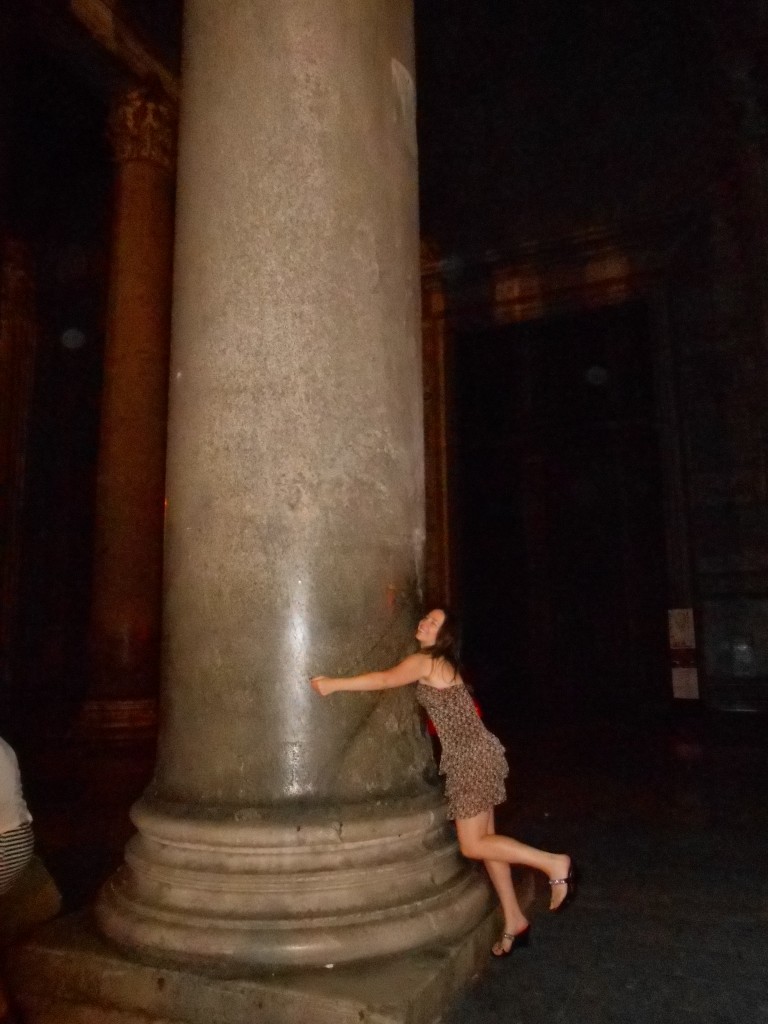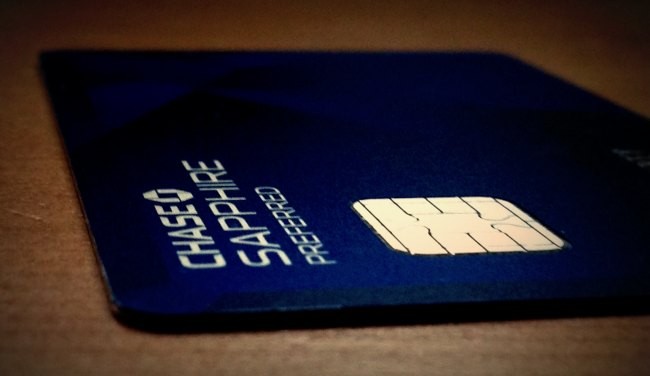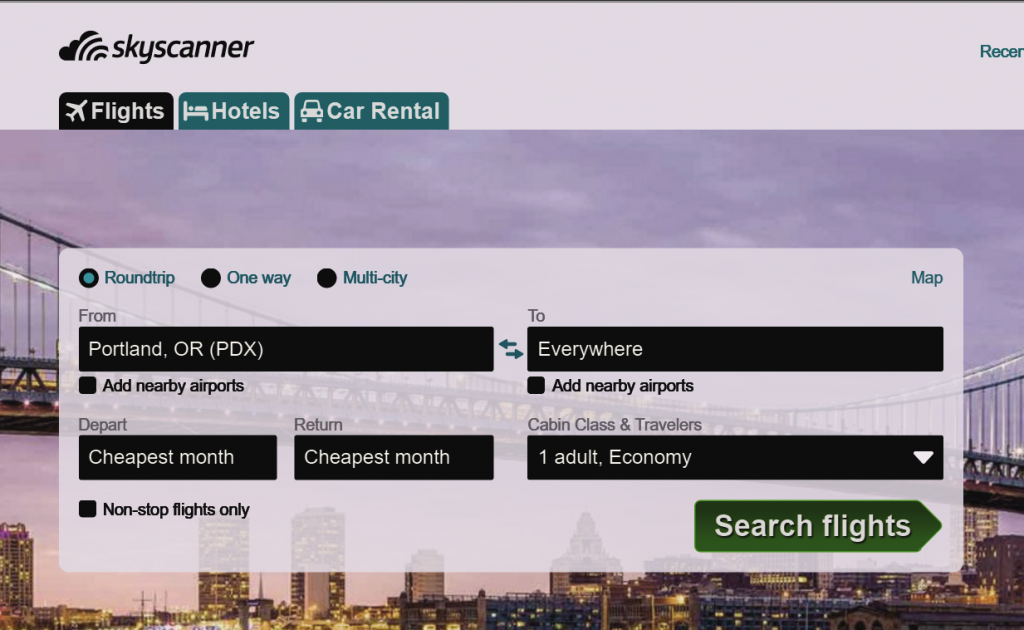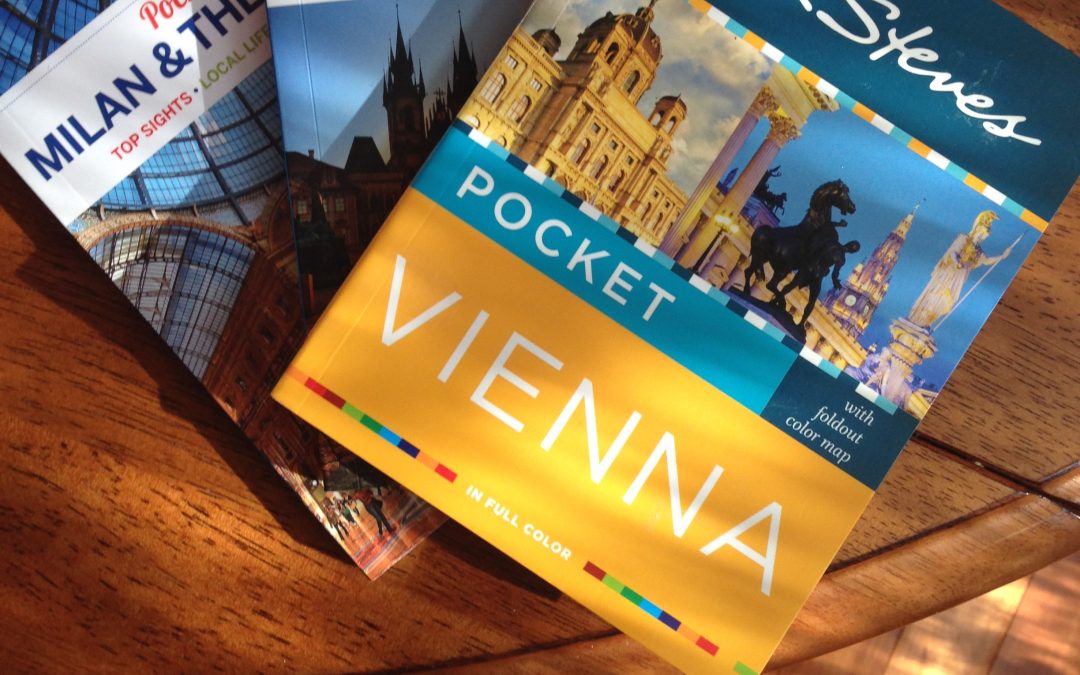“How are you able to travel so much?”

When in Rome
I currently work a full time job (40 hrs a week Monday-Friday office job) but I consistently field questions from co-workers, friends, family, and sometimes strangers on how I’m able to take trips as often as I do. I will state I’m making the below assumptions for listening to my advice and promise you’ll never hear me say “don’t have kids” or “don’t move out of your parents house” as travel advice.
- you have an interest in traveling and exploring the world
- you don’t have any barriers in obtaining a passport
- you are able to meet necessary life expenses (student loans, shelter, food, water, medical bills, and all of the aforementioned for dependents and furry children)
- Obtain a credit card that gives you travel perks and funnel all the payments you can through it (and pay it back on time so no interest is accrued)
The Points Guy has great advice on finding a travel card that works for you. We have used the Alaska Airlines card on purchasing Alaska flights (3X the mileage) and it also comes with a $100 companion ticket. We also have American Express Business Gold, and Chase Sapphire Preferred which we funnel most payments through. All dining and travel including parking garages, Uber and the like in our own town earn us double points and you can “purchase” flights, hotel stays, Amazon credits, etc. So far we have had a free hotel stay in Vancouver BC during a very expensive holiday weekend! Also there are NO international fees to use this or the American Express which is a must for international trips.

As with any credit card you get paying it back before the due date to avoid paying interest, making sure the offer is a good one (with a low/waived/no yearly fee ideal) with a competitive sign-on bonus and ensuring that you’re not getting into credit debt and instead building your credit score is important!
- Travel during off times
There are three different travel seasons: Off-season where the best deals can be obtained (usually the weather is not as good and attractions may have limited hours or are closed) Shoulder season which is still cheaper than the high season but weather is usually better (but unpredictable) and more activities are offered, and High/Peak-season which encompasses popular festival, summer and Christmas times.
The shoulder season is my favorite time- I save my camping and short domestic trips for the summer and take trips to locations that can be super expensive for cheaper. The travel seasons also vary depending on the place: the southern hemisphere has their summer during our winter, locations with good skiing will be popular during the winter, etc. Instead of leaving on a Friday afternoon/Sunday evening consider flying on a Saturday early morning or Monday – tons of savings. Typically red-eye flights and early morning flights in general are the cheapest options.
- Maximize your PTO
I try to find flights that leave after work or work half days and use weekends and holidays in my trips as much as possible. For our upcoming trip to Maui I took advantage of having a four day Thanksgiving weekend and took off the rest of that week (3 days) and also the Thursday and Friday the week prior (2 days) and am flying on Wednesday night- so I used one week of vacation time and the rest are weekend and holiday days! This gives me a total of 11 days in Maui instead of one week. If you’re salaried or have a flexible work schedule use that to your advantage as well! Weekend Warrior trips to locations that are driving or quick flying distance are also fun and the adrenaline from being somewhere new or different typically overpowers the travel fatigue

What’s travel fatigue?
- Utilize all your lodging options
There are accommodations that fit every budget and lifestyle, it just takes a lot of research and a potential compromise of comfort. I’ll break down some of the different types of accommodations and leave a couple helpful links in this section.
- Couchsurfing- For the shoe-string budget couch surfing is world-wide network that helps you connect with someone who has a couch, room, airbed, or whatever that you can sleep on for free.
- Camping- Rent a space for a tent, your car, RV, sleeping bag, this is also a inexpensive option.
- Hostel- Hotel for travelers on a low budget, the cheapest rooms have shared dormitory type housing but you can also pay a little more for a private room. The bathrooms are shared and there is usually a common living area where travelers can socialize. People of all ages stay at hostels but they are super popular among student and younger travelers. A couple good websites I’ve found for hostels are Hostel World and Hostel Bookers
- Bed and Breakfast- These also have a shared common area and shared bathrooms (some have private bathrooms) but with private rooms and a free morning breakfast to start your day. They are typically smaller with less rooms than hostels. I have found great B&Bs at a budget price on Trip Advisor
- Vacation Rentals- With vacation rentals you can either rent a room, entire apartment or house, or even a castle. You can find these on a myriad of different websites such as Craigslist which have worked for some people (and you have to weed out the scams) but Airbnb is an extremely successful website that connects people with hosts that are renting out their property. Airbnb also lets users posts reviews and similar to Amazon or PayPal if a host (or renter) violates the rules the other party is protected. Another service I have used is Vacasa– a Pacific NW based rental management company that gave us a good experience in Bend. The only downside of the vacation rentals that I’ve discovered so far is that there can be hefty cleaning fees added on to the nightly charge at the end of the stay. You can attempt to negotiate pricing with the vacation rental companies and longer stays usually give you discounted days.
- Chain Hotels- These are your Holiday Inns, Hiltons, Marriott, Motel 6, etc. I’m going to actually defend chain hotels here- there are some pluses to deciding to choose one of these even though it’s more run-of-the-mill.
- Cleaning service & amenities (could have gym, tv, coffee, wi-fi, jacuzzi, and breakfast at some places)
- Can be cost-effective compared to pricier boutique hotels, many sales and discounts
- Reward points can be accrued or redeemed, status with a chain also gets you additional perks
- You pretty much know what you’re getting
5. Research Research Research & Plan Ahead
One way you can do this is by hiring a travel agent if you don’t wish to do the research yourself. This way with a reputable company you have someone who does the research for you, plans excursions, flights, etc and you can contact them with emergency situations instead of having to go through hotels/airlines. A good travel agency will let you know the rules of the fare, be able to clearly explain what you are paying for, and do somewhat extensive research to let you know the best prices for your preferences.
Instead of using a travel agent there are many resources at your disposal to be able to plan your trip successfully on your own. Below are my favorite planning websites.
Restaurants- Yelp
Things to do & Hotel Reviews- Trip Advisor
Things to do, forums- Lonely Planet
Rail Travel- Seat 61
Guidebooks- Rick Steves (Europe), Eyewitness (for inspiration), Lonely Planet
Flight Research- Kayak, Skyscanner

It allows you to select the everywhere option to find the cheapest times and locations!
Tweet

Good initial advice. Would like to see more of this. Mahalo!
wow, awesome blog. Will read on…